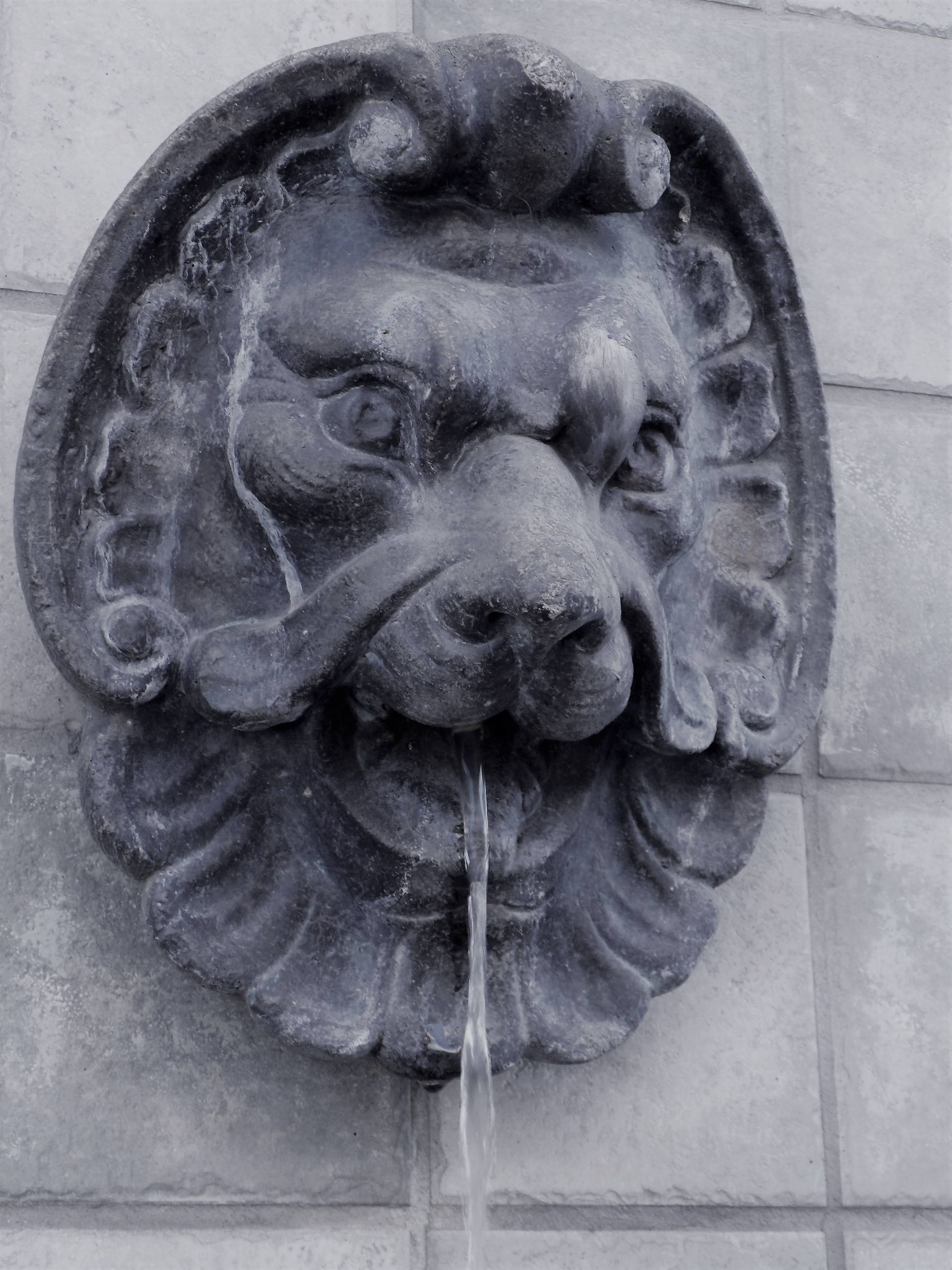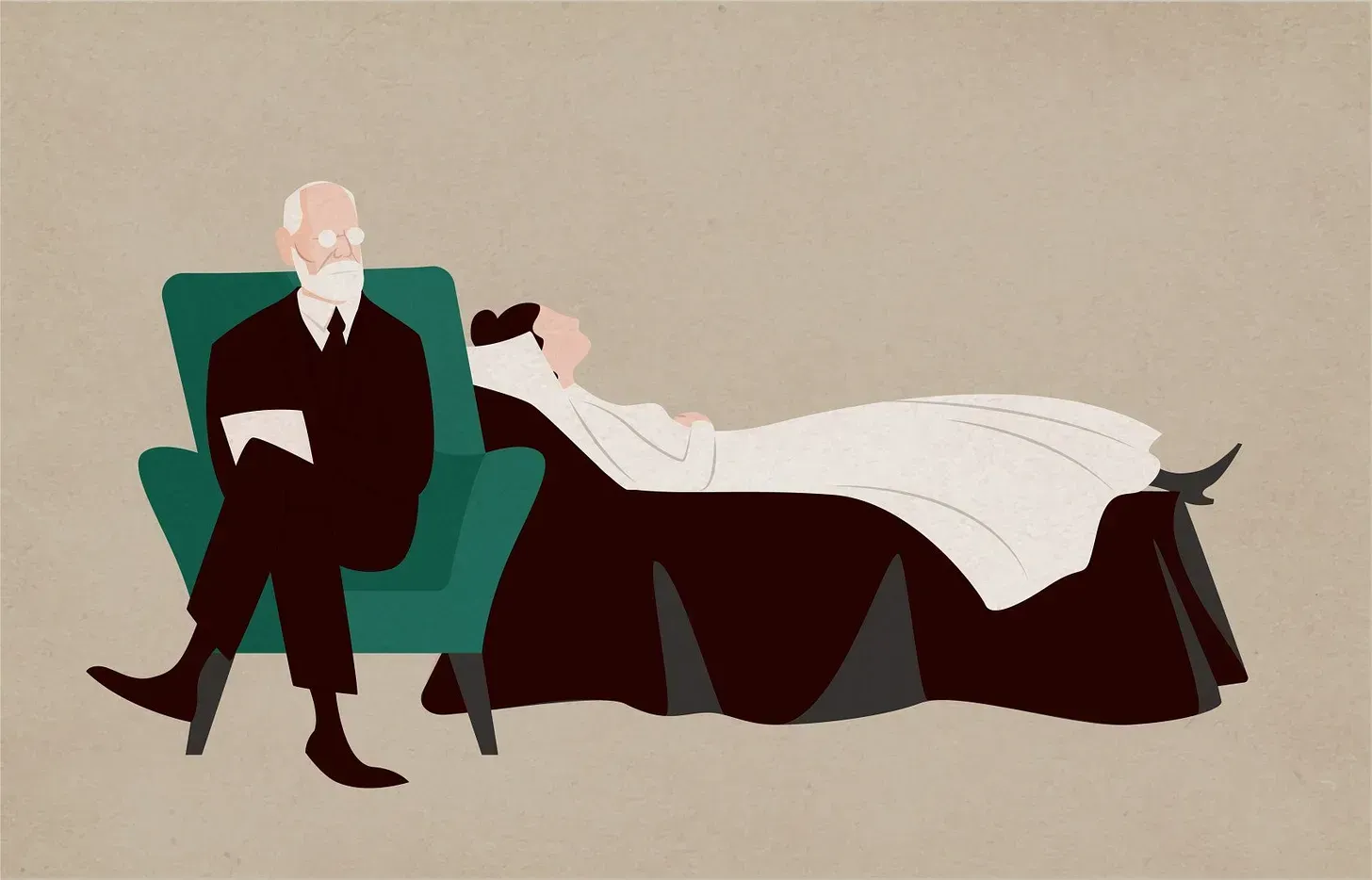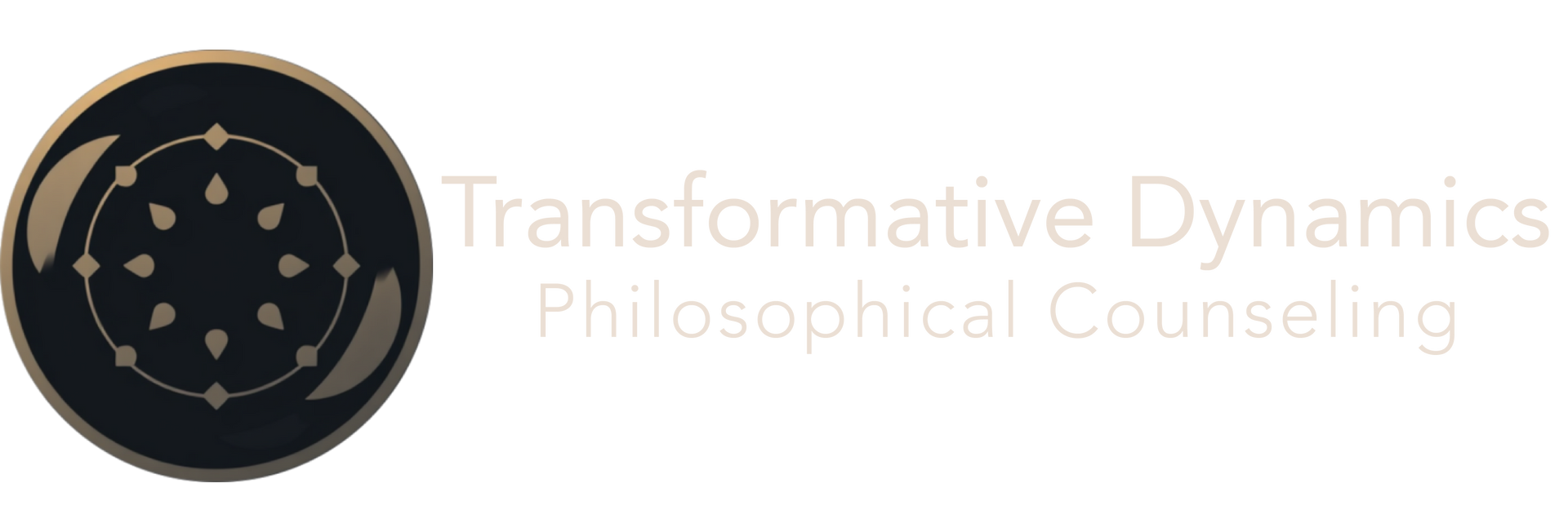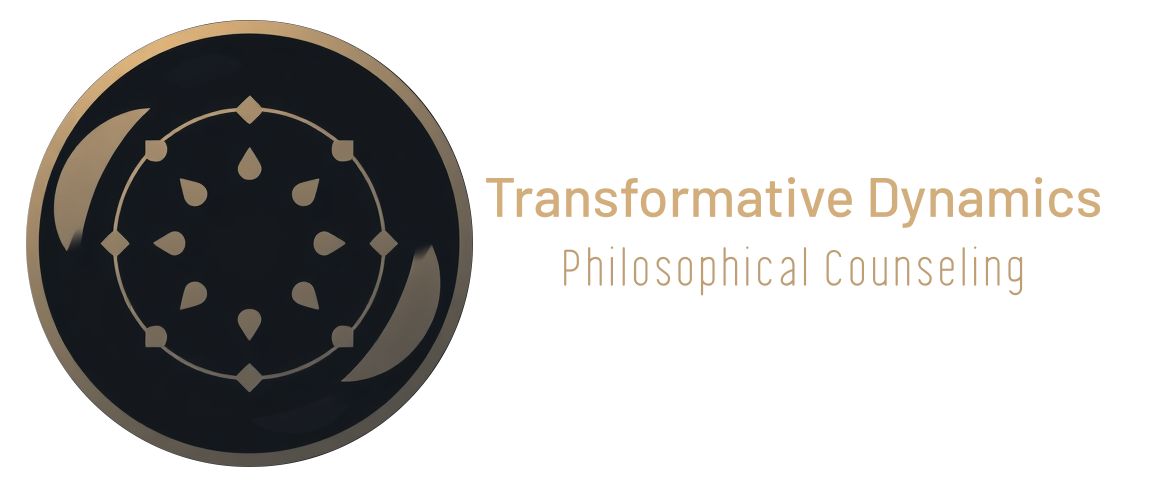Blog

By Anthony Miccoli
•
September 18, 2025
David Whyte's essay, "Forgiveness," (from his collection Consolations ) beautifully states: "To forgive is to assume a larger identity than the person who was first hurt, to mature and bring to fruition an identity that can put its arm not only around the afflicted one within but also around the memories seared within us by the original blow, and through a kind of psychological virtuosity extend our understanding to one who first delivered it.” While I intellectually grasped this years ago, it wasn't until recently that I truly felt and lived it. I forgave someone I never thought I could. There was no dramatic reconciliation or admission of wrongdoing on their part. Many might question the point of forgiveness if the transgressor remains unaware. But I finally accepted that this person would never understand or acknowledge the hurt they caused. My liberation came from realizing forgiveness isn't about the other person. The initial wound aside, their awareness, acknowledgment, or even presence isn't required for forgiveness to arise. For years, I clung to the belief that forgiveness hinged on their apology and recognition of my pain. But I eventually understood that forgiveness was my responsibility to grant or withhold. Waiting for their "I'm sorry" was like expecting a knife to apologize for being sharp – both are simply acting in their nature. Humans, unlike knives, have the capacity for self-recognition and agency. Yet, how we interpret our actions and their consequences is often based on the narratives we construct to justify them. I had unknowingly built a story-within-a-story: the original wound, and then the condition that forgiveness required a specific acknowledgment, or a "magic sequence of words." As this outer story unraveled, I confronted the inner narrative it was protecting—a self-identity built around the wound that had become too restrictive for the person I was becoming. I had forgotten the very first act of embodied will we all learn: to release the reflexive grip and let go. Infants grasp instinctively, but consciously learn to release. The moment I remembered I could let go, expansion happened. I grew beyond the boundaries of the original wound, choosing to expand where the scar tissue met sensation. Whyte elaborates: “To forgive is to put oneself in a larger gravitational field of experience than the one that first seemed to hurt us. We reimagine ourselves in the light of our maturity and we reimagine the past in the light of our new identity; we allow ourselves to be gifted by a story larger than the story that first hurt us and left us bereft.” The expansiveness of forgiveness embraces healing, letting go, and living in the past, present, and future simultaneously. It involves understanding that the person who wounded us often remains within the limitations of their own actions. Crucially, forgiveness does not excuse their behavior. Furthermore, forgiveness isn't "rising above" a wound; it's "expanding beyond" it—making ourselves bigger than the hurt and the person who inflicted it. Like a tree exposed to fire, a charred ring remains beneath new layers of growth. "Rising above" is a misnomer, implying the pain is left behind rather than integrated within us. Physical healing doesn't erase scars; it incorporates them. Similarly, emotional forgiveness is liberating, offering more freedom than before. We exist and move differently, encountering new paths. To forgive, we must accept what we can and cannot control, and establish the boundaries necessary for healing and expansion. This is our greatest defense against future injury. Forgiveness is informed vulnerability: understanding past vulnerabilities while embracing vulnerability anew to process pain and accept our initial susceptibility. To expand, we must let go. To let go, we must expand. This isn't a paradox, but a necessary duality. Letting go and expansion occur simultaneously and transformatively; one cannot happen without the other. To grasp, we first open our hand; to open our hand is to release what we were holding. If you're looking to let something go, or need some help or guidance through the process of expansion, consider scheduling a free consultation with me to explore the possibilities that philosophical counseling may open for you.

By Anthony Miccoli
•
August 19, 2025
Have you ever felt that you are “doing the work” and not seeing any perceivable results? Are you feeling frustrated, inadequate, or even worse, apathetic? Even when we have a stable sense of agency and autonomy, and are actually making the decisions and acting upon them , it can seem like those efforts aren’t amounting to what we hoped they would. We want to feel as if we are making an impact in the world with our actions; we want to feel a sense of efficacy . When we lack efficacy, it can lead to that existential feeling that nothing matters (or nihilism) which can hold us back in deep and profound ways. In those moments, it’s often hard to discern exactly how and why our efforts seem to be going nowhere. Even if we have identified a specific reason (whether internal or external) why things aren’t turning out the way we want them to, that doesn’t necessarily mean it’s the reason. Or perhaps our actions are having an impact, but just not in the way we expected or wanted them to. There are so many reasons why we may feel we lack efficacy. Perhaps we’re judging ourselves by the wrong standards or metrics; or maybe we’re in an environment that is not conducive to success or real action. Regardless, feeling as if our actions are not going anywhere can only exacerbate any deficiencies we feel in our agency or our autonomy. There are plenty of philosophical schools of thought regarding personal efficacy, stoicism being one of the most popular. But the resurgence of classical stoicism often fails to recognize or address the technological or cultural landscape in which we find ourselves. Marcus Aurelius’s meditations may still resonate today, but – like any ancient philosophy – the complexity of our contemporary cultural landscape defies the classic simplicity of the ancient (and even the enlightenment) mind. Philosophical counseling can provide us with approaches more appropriate to our unique cultural and socioeconomic upbringing, taking into account our unique experiences and the intersectionalities therein. Where are my efforts going? Am I being distracted by my own expectations and not seeing the actual impact of my actions? A philosophical counselor can help.

By Anthony Miccoli
•
August 4, 2025
Have you ever known what you want or need to do, and you’ve taken all the necessary steps to actually make your decision, but some internal or external factors limit the scope of your ability to follow through? This phenomenon is related to a lack of autonomy. In my last post , I discussed the role of agency in our overall wellbeing. Whereas agency speaks to the capacity to make decisions, autonomy is related to our ability to act on a decision . Sometimes there is nothing more frustrating than having the plan laid out before us, and then lacking the initiative to proceed. Perhaps we’re giving into a limiting story we’re telling ourselves about why we can’t act, or that we’re not worthy of a possible result. Perhaps we’re in an environment that isn’t conducive to us achieving the goals we should be able to reach. Discerning the difference between internal and external blocks is key to understanding how to overcome these challenges; and we often need an outside, neutral perspective to help us do so. This applies to our ethical lives as well. Perhaps we have a desire to live by a certain code of ethics, or somehow enrich or live a more spiritual life; or we’ve let go of a religious perspective and are ready to engage in a more secular set of ethics. Perhaps we just wish to live by a higher standard and just be a better person , but can’t quite seem to integrate the philosophical frameworks into a practical, liveable philosophy. The greatest philosophers often outline some lofty ethical standards, but rarely give us practical ways to actually achieve those higher ethical or spiritual goals. Whether it’s a specific plan or goal, or trying to live a better ethical life, fostering a deeper sense of autonomy can help us identify the greater purpose to our lives, aside from simply “getting by” or just “surviving.” Working with a philosophical counselor from a safe and objective space, without judgement, and help us assess the range and scope of our personal autonomy, identifying the factors that may be impeding our ability to follow through on decisions that we know will benefit us. We all deserve to live our lives with a sense of purpose and fulfillment. Philosophical counseling can help provide a framework for success.

By Anthony Miccoli
•
July 23, 2025
If you’ve ever heard yourself saying that you “don’t want to adult” today, or that “adulting is hard,” chances are you’re feeling a lack of agency . That feeling goes hand-in-hand with the paralysis of decision fatigue that arises when we need to make multiple decisions throughout our day, and feel that we neither feel empowered nor have the energy to do so. It’s also one of the most common issues that philosophical counseling can effectively address. Most people think that decision fatigue only comes into play when we’ve had to make big, monumental decisions. While that can be true, most of the time our decision fatigue is instigated by the vast array of small, inconsequential decisions we’re forced to make every day without even realizing it. Did you know that simply reading through a web page with hyperlinks, or scrolling through your social media feeds, involves dozens – if not hundreds – of individual choices? Clicking or not clicking on a link is a choice, as is each swipe of our finger over our screens.Think of all the links you’re exposed to in just a few minutes of scrolling and add to that the usual choices we have to make on any given day: No wonder we feel paralyzedI It can also lead us to feeling as if we’re somehow being pulled along by factors outside of our locus of control. If we’re always feeling reactive rather than proactive, it’s a sign that our energy is going to the wrong places, and that we may need to reevaluate who – or what – exactly is steering our ship. It’s almost as if our lives become one giant doom scroll, or treadmill, from which we can’t escape. Unfortunately, centuries of Western philosophy espousing the importance of “free will” – and how a perceived lack of will is akin to some kind of weakness or moral shortcoming – can exacerbate this feeling. While Descartes, Kant, or even Nietzsche or Sartre have much to say about the valor and empowerment of free will, none of them had to deal with endless news cycles, social media, or the constant availability of information. Just as the human brain is not structured to handle the 24 hours news cycle; enlightenment and existential structures of philosophy as they were written are not structured to handle a technologically-curated contemporary life. Philosophical counseling provides a way to bridge that gap and hel[p us identify exactly how and why we feel a lack of agency, and provides a neutral space in which a client can identify the places where their energy is going, and create potential strategies for rest, recuperation, and making empowered, informed decisions.

By Anthony Miccoli
•
July 14, 2025
As I continue to develop my philosophical counseling practice, I have been receiving a lot of questions regarding the difference between philosophical counseling and therapy. The two definitely overlap and often intertwine, but there are specific differences between them. Each wants clients to come away from therapy or counseling as a better person, on more solid footing, with better coping skills and the capacity for self-care and self-realization. Where the emphasis is different however, is in the underlying purpose or mechanism of each. Therapy, at its core, is concerned with mental health, the treatment of underlying traumas, and a reduction of symptoms caused by some past trauma or some underlying psychopathology. It concerns itself largely with emotional regulation. Therapy, in its more basic form, assumes that there is some kind of pathology at work — which can have its roots in a past traumatic event or in some physiological psychopathology which can be regulated or managed via psychopharmacology or any one of a number of cognitive or narrative therapies. Therapy works through the emotional and cognitive dimensions of traumas and psychopathologies, with an emphasis on emotional behaviors and narratives.


